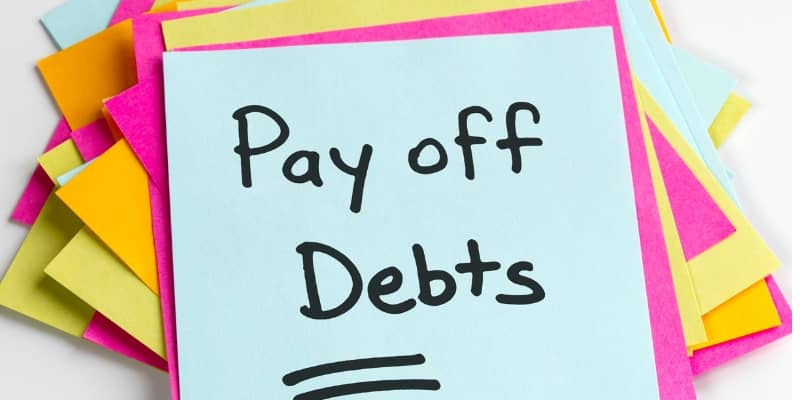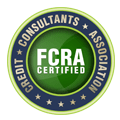One of the first things you should do when trying to improve your credit score is to check your credit report for errors. Your credit report contains a great deal of information that lenders use to determine your creditworthiness. Unfortunately, this information is not always accurate, and you may find errors on your credit report that could be causing your credit score to be lower than it should be. Therefore, it is important to check your credit report periodically for any incorrect information that could be lowering your score. Learning how to read a credit report can be challenging at first, but it is not impossible. Start by familiarizing yourself with the various types of information listed on your report, such as your credit accounts, payment history, and other personal information. Then look for any mistakes or discrepancies that could be impacting your score. These errors could be anything from inaccurate account balances to errors in your personal information. Once you have identified any potential errors, you should take steps to dispute them with the credit bureau.
Once you have corrected any errors on your credit report and it is updated with the correct information, the next step is to create a manageable payment plan. This involves making a budget and planning out your payments on all of your accounts. Start by taking a look at your current budget and seeing how much you can afford to pay toward your debt. It may also be helpful to look at your current interest rates and consider transferring your balances to lower-rate accounts. This will help you save money on interest and make it easier to pay off your debt promptly. When creating your payment plan, it is important to make sure that you are making timely payments and not missing any due dates. Late payments can hurt your credit score, so it is important to make sure that you are paying your bills on time. You should also keep track of your payments and make sure that you are not going over your budget. Don’t forget to take advantage of any money-saving opportunities, such as using automatic payments or taking advantage of promotional offers.
Once you have fixed your credit score and paid off your debt, the last step is to maintain a good credit history. This means making payments on time and not taking on too much debt. You should also make sure to use different types of credit, such as credit cards, car loans, and/or personal loans, to help build a strong credit history. It is also important to watch out for fraud and identity theft. Keep an eye on your credit report and accounts to make sure that you are the only one making purchases and that the charges are valid. If you find any suspicious activity, report it immediately to the proper authorities.






